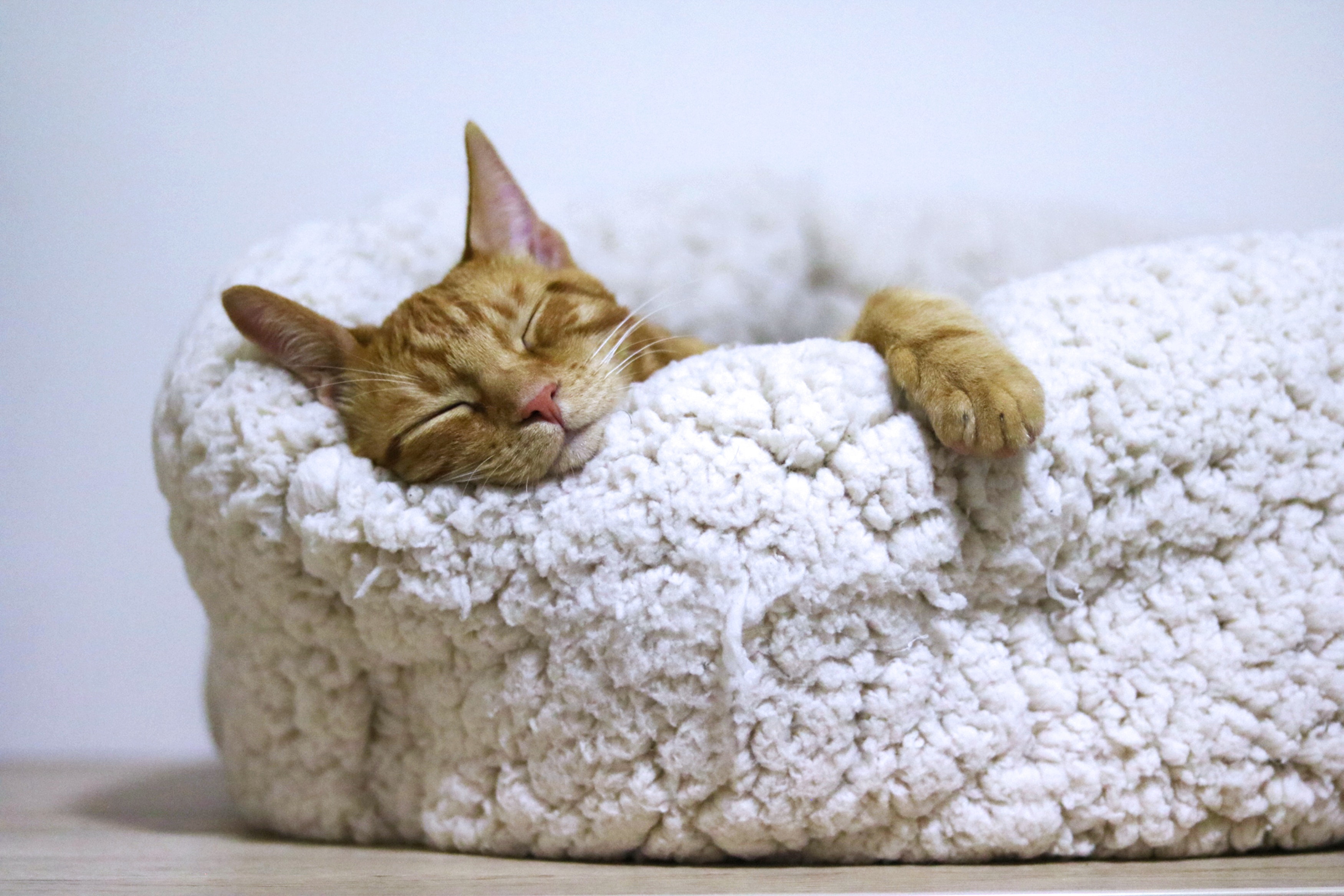Building a company from scratch and limited funding is the hardest thing I’ve ever done. We’re constantly faced with some version of the chicken and the egg problem (Funding or clients? Supply or demand? Awesome team vs resources to pay for salaries?) Very quickly, I realized it’s not surprising that we [entrepreneurs] are 50% more likely to develop a mental health condition.
What happens to entrepreneurs after achieving big milestones? It’s scary.
Six months ago, I met with two fellow entrepreneurs after they closed their first round of funding. I congratulated them and their response was that they were worried because they didn’t have any energy left to execute, lead and inspire. Despite appearing strong, confident, and excited across social media platforms, the reality was different and concerning. They were justifying the excessive amounts of coffee, lack of sleep, and anxiety with “we’re entrepreneurs, so this is what we signed up for” and “this is what it takes to build a successful business”.
I had signed up to help people live burnout-free lives, not to burnout myself.
Before that conversation, I had devoted my passion and my time to raising awareness about the burnout crisis. I spent most of my time sharing facts, research and using other people’s stories as examples, all while developing terrible lifestyle habits myself. I took Journify’s burnout assessment test and I officially had early signs of burnout.
Coincidentally, that same day I had a conversation with a partner at a VC firm and he joked saying “be careful you don’t burn out while building your burnout platform”.
I came up with my own anti-burnout KPIs.
I’m a highly energetic and spontaneous person, so sticking to a daily routine is incredibly hard. Also, taking a vacation is not an option while getting a company off the ground and it’s proven that it doesn’t solve any systematic issues. So, where to start? At least 40% of our days are driven by our habits so I decided to tackle those first. After some trial and error and hours of reading studies on the topic, this is what worked for me:
I decide on 5 things I want to get done every day. This slowly changed how I evaluate priorities and it allows me to be more present and focused on the truly important tasks.
I do one thing that I enjoy every day. Spending at least one hour on a leisure activity, talking to a friend, laughing, or even going on a long walk, keeps my positivity going.
I make sure I’m in bed by midnight every day. This was the hardest one but once I got into the habit I started waking up energized instead of feeling “I need a coffee”. I used to think that 4 hours per night was enough for me because I was a “night owl”.
I’ve incorporated these adjustments into my lifestyle, but I still track them to make sure my awareness radar is ON. I’m also not too hard on myself and aim for these wellness goals at least 5 days every week.
So, how do I know this worked for me?
I wake up positive and energized, even after nights of thinking “why does this have to be so hard?”. I recently lost my co-founder while starting to fundraise and on-boarding my first corporate client. Had I not re-trained my brain to prioritize maximum 5 daily tasks I would have collapsed. Like my entrepreneurial journey, I’m still a work in progress so I’ll follow up with another post in 6 months.


